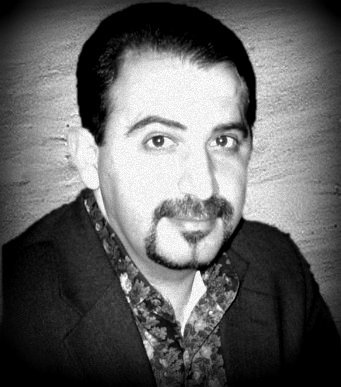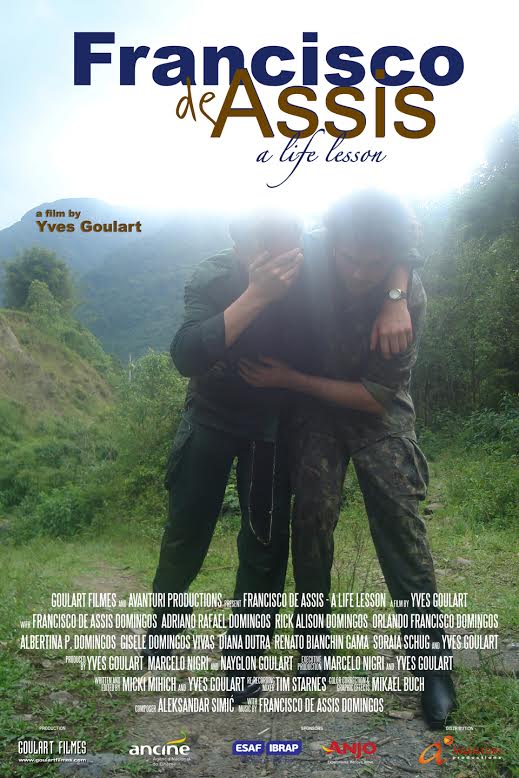By Micki Mihich
Francisco de Assis Domingos, 55, lost his sight at 25 while hunting. He was hit by lead pellets from a shotgun accidentally fired by a friend. Francisco’s story forms the basis of the new film by Brazilian filmmaker Yves Goulart, born in Urussanga, in southern Santa Catarina, in the same hometown as the protagonist. “I remember that accident very well,” recalls Goulart, who heard that story as a child. “The whole neighborhood was shocked. It was also the first time I saw a disabled person walking with a cane in the street.” Goulart couldn’t have imagined that the story that so touched his childhood would be told by himself years later through cinema.
But to tell this story, Goulart mixes styles and challenges pre-established formats by using both fiction and documentary within the same work. Francisco’s past, from his birth up to his accident and blindness, from the moment he realizes his life is changed forever to the moment he accepts his disability and starts using a cane, is told under a fictional format, with actors playing real characters. From there on the film moves into documentary and we have Francisco himself and the people who are part of his life speaking directly to us. “It's like Francisco seeing the world through a fictional point of view before becoming blind and, after he’s blind and aware of the new challenges and limitations, he starts seeing the world through a real point of view,” says Goulart.
Not only does the mixture of styles give the film a unique identity: all scenes were shot in locations where the story took place, thus infusing the project with the energy of the sites. Francisco himself couldn’t hold back tears while listening to the actors’ voices during the shooting of the accident scene. With his back to the set, he ended up covering his ears not to relive the painful memories of the past. The participation of Francisco’s family members as actors also gave the film a unique authenticity. Adriano Domingos, 25, who played his father, reveals that he took this opportunity as a way to learn his father’s story: “I was born after the accident and never asked why it brought him bad memories. The script made me understand many things about life and especially what really happened on that day.”
The project took four years to be completed and counted on the collaboration of filmmaker Micki Mihich, who was brought on board to build the film narrative for the script and editing. “Goulart knew exactly what the first part of the story, the fictional one, would look like. But the documentary part was different,” says Mihich. “There are several ways you can tell a documentary story and he was trying to find the ideal one. Francisco’s story is epic and special, and Goulart wanted to make a film to reflect this. By watching and getting familiar with the material, I identified a huge similarity of Francisco's life with the Hero's Journey, also known as the Monomyth by Joseph Campbell. We decided to follow this path and everything fit together very well.”
“Epic” and “special” are adjectives that do not exaggerate when used to describe Francisco de Assis Domingos’s story. How many people do you know who are masseurs, bocce champions, radio presenters, country music singers and composers and motivational speakers? And all at the same time? And after becoming blind?
This is just an example of what Francisco de Assis – A Life Lesson has to show – and teach – the viewer. A story full of humor and emotion, tragedy and overcoming, sin and redemption. Francisco de Assis – A Life Lesson is one of those stories that are hard to believe happened, but they did – and we have a lot to learn from it.
`








